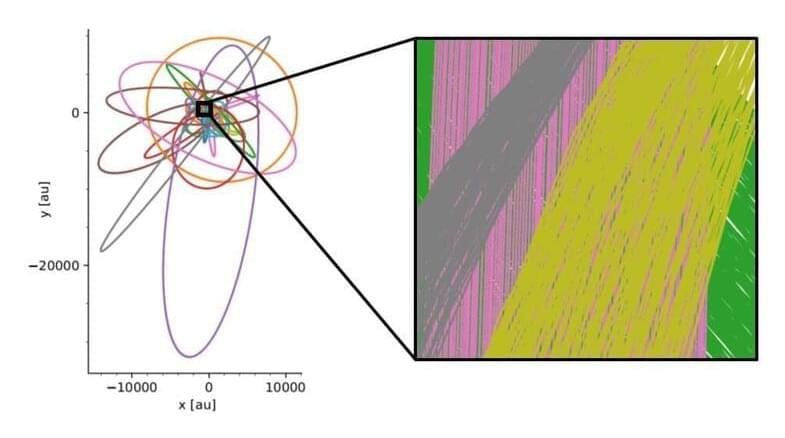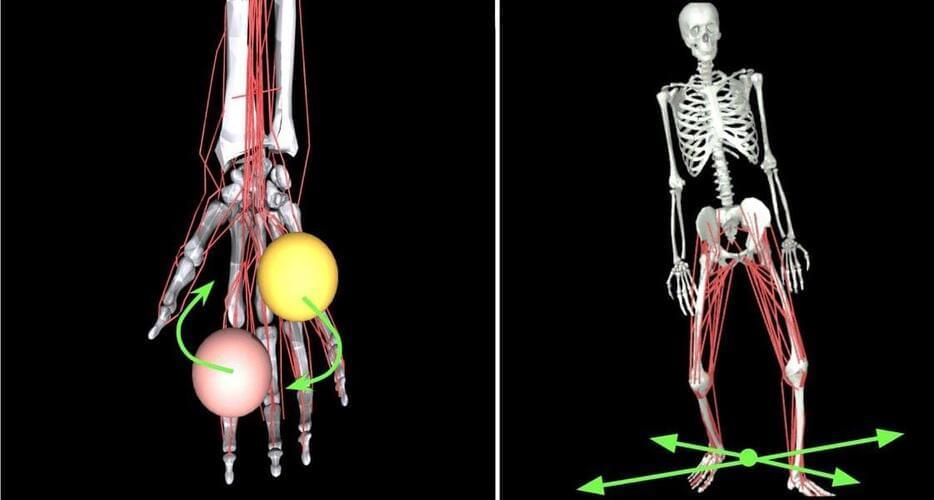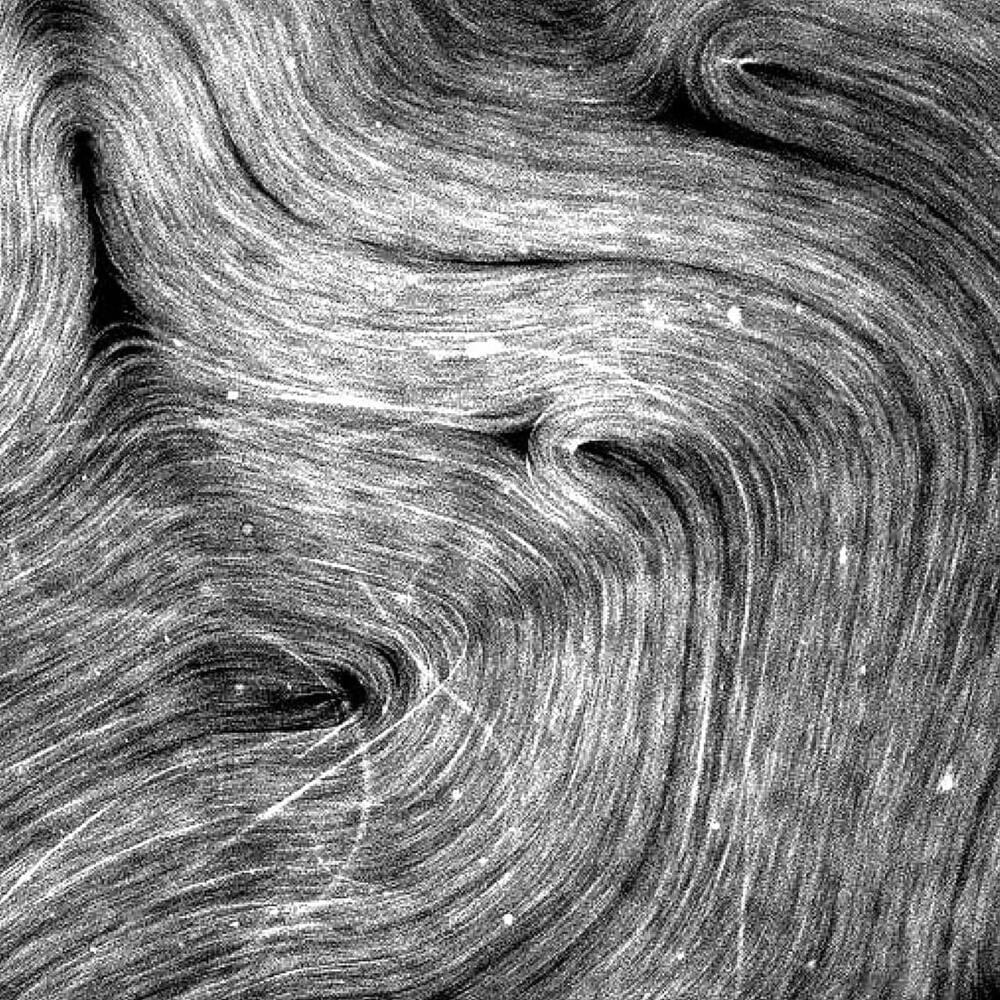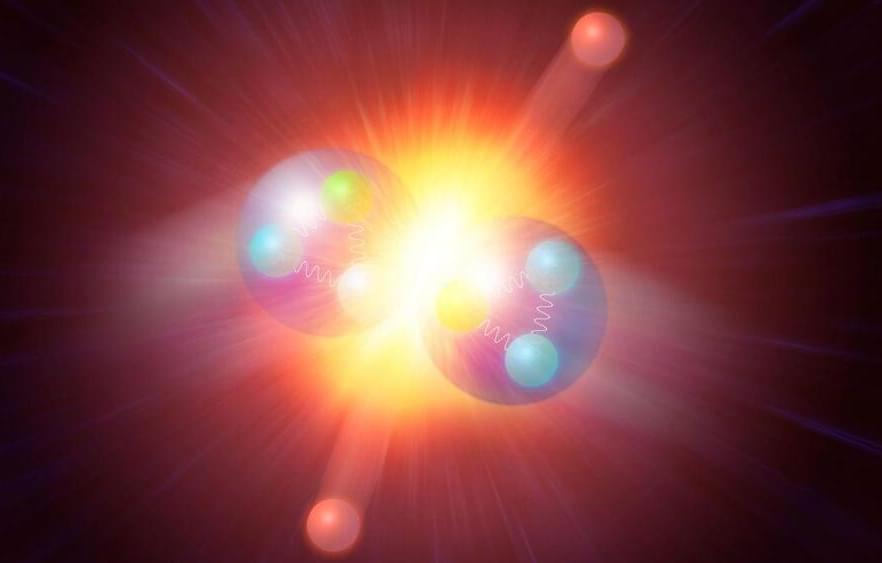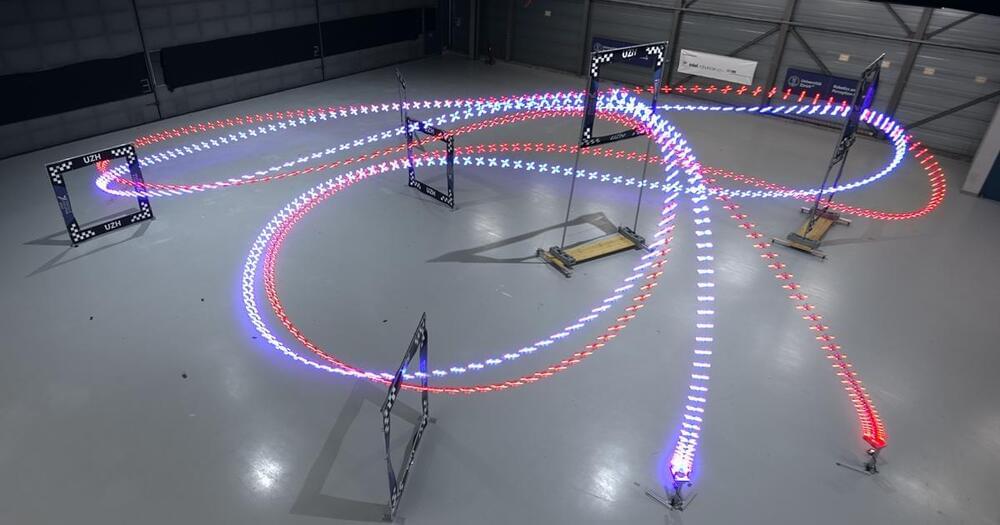The orbits of 27 stars orbiting closely around the black hole at the center of our Milky Way are so chaotic that researchers cannot predict with confidence where they will be in about 462 years. This finding emerges from simulations by three astronomers based in the Netherlands and the United Kingdom. The researchers have published their findings in two papers in the International Journal of Modern Physics D and in the Monthly Notices of the Royal Astronomical Society.
Simulating 27 stars and their interactions with each other and with the black hole is easier said than done. For centuries, for example, it was impossible to predict the motions of more than two interacting stars, planets, rocks, or other objects. It was only in 2018 that Leiden researchers developed a computer program in which rounding errors no longer play a role in the calculations. With this, they were able to calculate the motions of three imaginary stars. Now the researchers have expanded their program to deal with 27 stars that, by astronomical standards, move close to the black hole at the center of the Milky Way.
The simulations of the 27 massive stars and the black hole resulted in a surprise. Although the stars remain in their orbits around the black hole, the interactions between the stars show that the orbits are chaotic. This means that small perturbations caused by the underlying interactions change the orbits of the stars. These changes grow exponentially and, in the long run, make the star orbits unpredictable.
